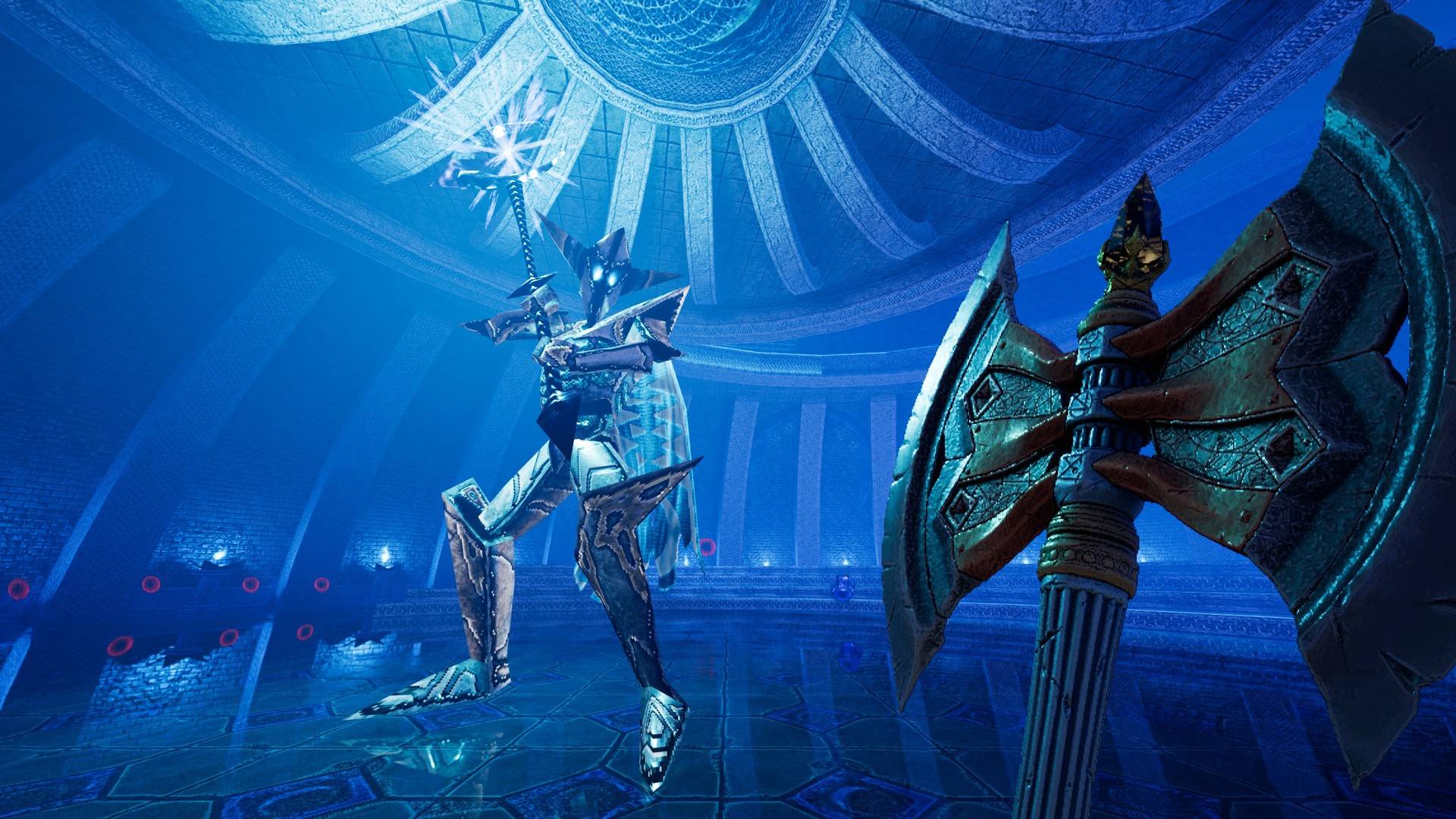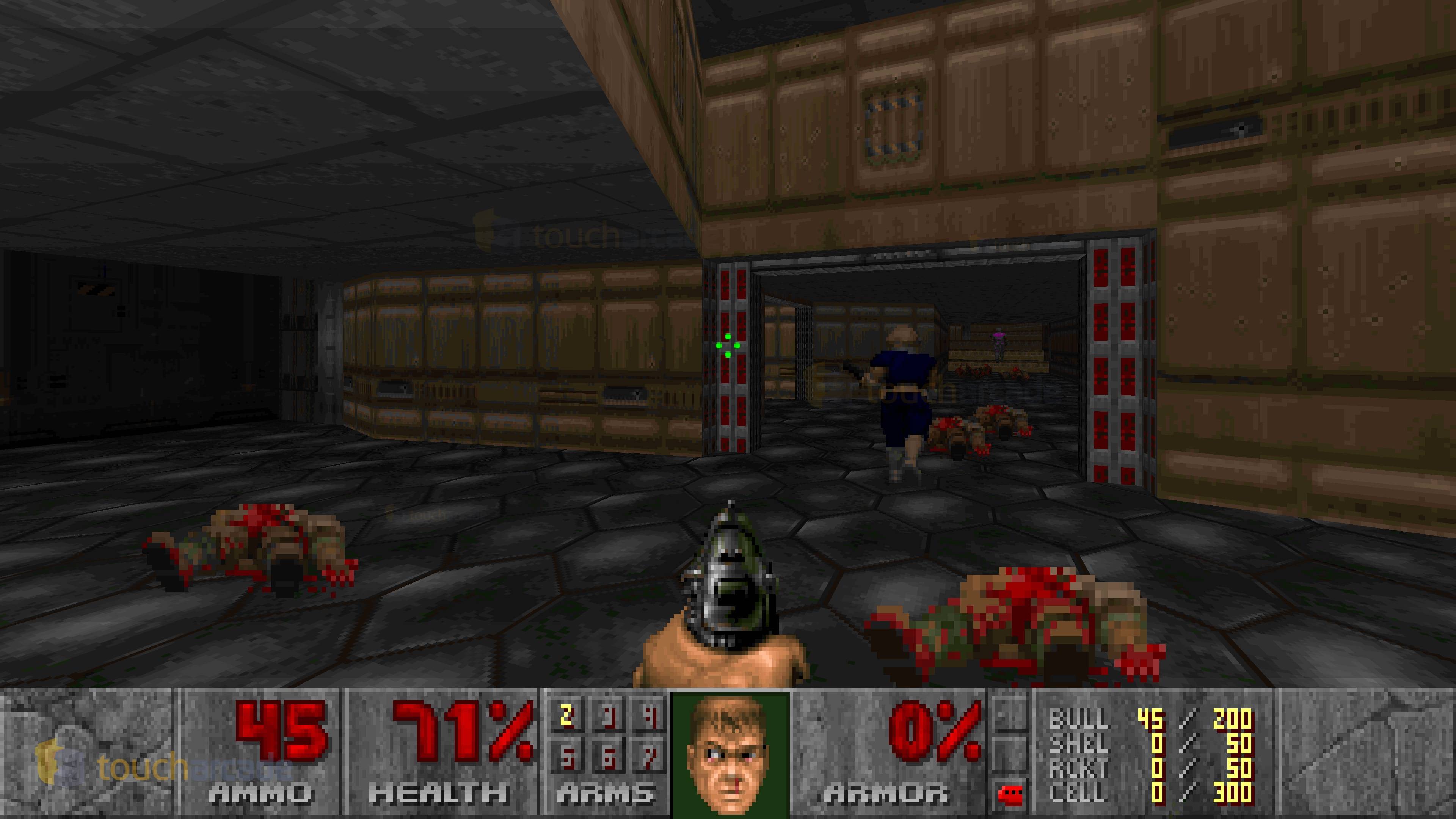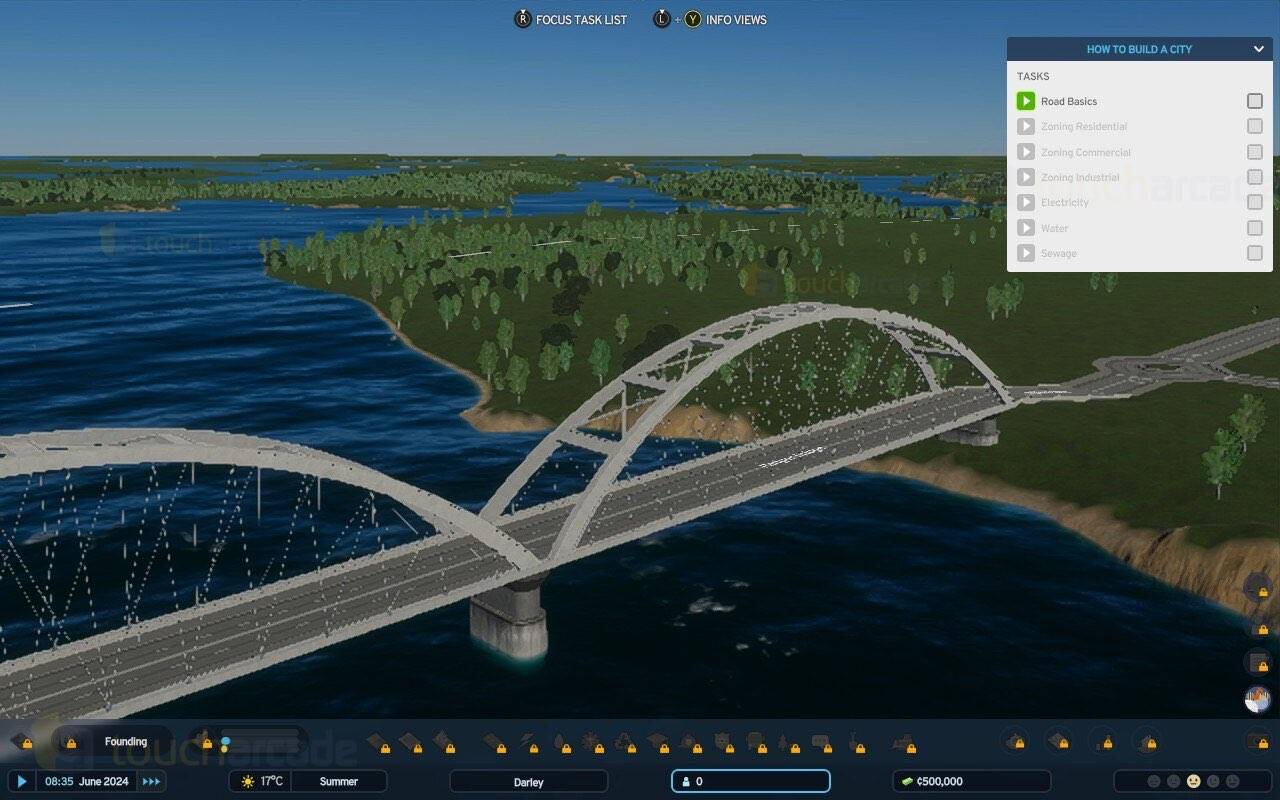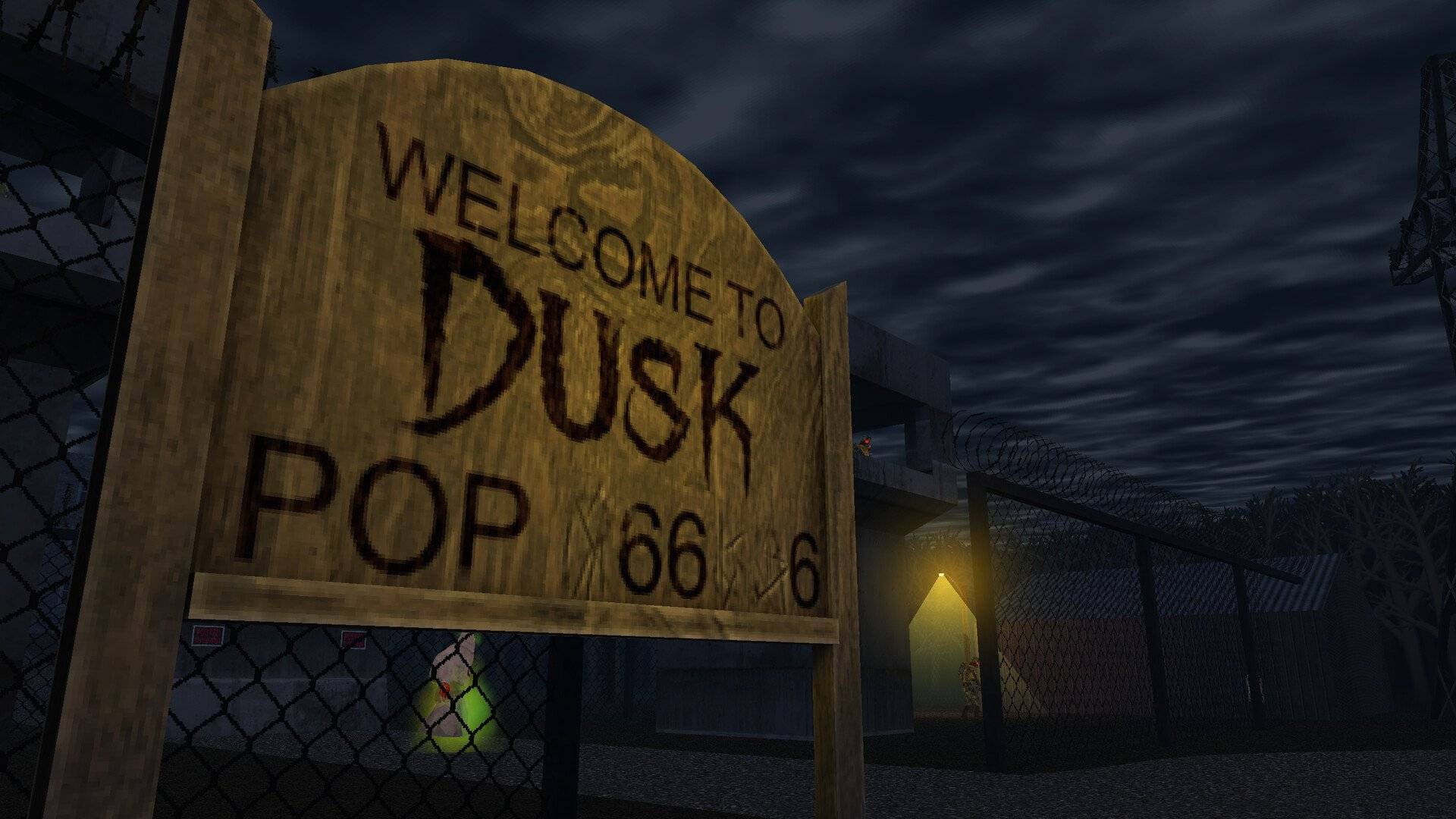This extensive interview with Andrew Hulshult, a prominent video game composer, delves into his career, creative process, and musical influences. From his early work on canceled projects like Duke Nukem 3D Reloaded and Rise of the Triad: 2013, to his more recent contributions to high-profile titles such as DOOM Eternal DLC and Nightmare Reaper, Hulshult discusses the challenges and rewards of composing for video games.

The conversation covers a wide range of topics: his evolution as a musician, common misconceptions about video game music, his unique approach to blending metal with other genres, the emotional impact of composing during personal crises (like his father's heart attack during Amid Evil DLC development), and his experiences working with various developers and personalities like Markiplier on the Iron Lung film soundtrack.
Hulshult also shares insights into his gear, including his preferred guitars (Caparison), pickups (Seymour Duncan), amps (Neural DSP Quad Cortex), and pedals. He discusses his creative process, emphasizing the importance of respecting source material while adding his personal flair, and the challenges of balancing artistic vision with the demands of game development. The interview also touches upon his chiptune album, Dusk 82, and his thoughts on remastering older works.
A significant portion of the interview focuses on his work on the DOOM Eternal DLC, including the popular (but officially unreleased) track "Blood Swamps," and his experience revisiting and expanding upon the IDKFA soundtrack for the DOOM and DOOM II re-releases. He reflects on the collaborative nature of his work, highlighting the importance of feedback and communication with developers and sound engineers.

The interview concludes with Hulshult sharing his favorite bands (Gojira, Metallica), his thoughts on the evolution of Metallica's music, and his ideal future projects (a Duke Nukem game or Minecraft, and film scores for Man on Fire or American Gangster). He also discusses his daily routine, emphasizing the importance of sleep and a structured approach to his work.




This is a comprehensive overview of the interview, maintaining the original image formatting and avoiding significant alterations to the meaning.















